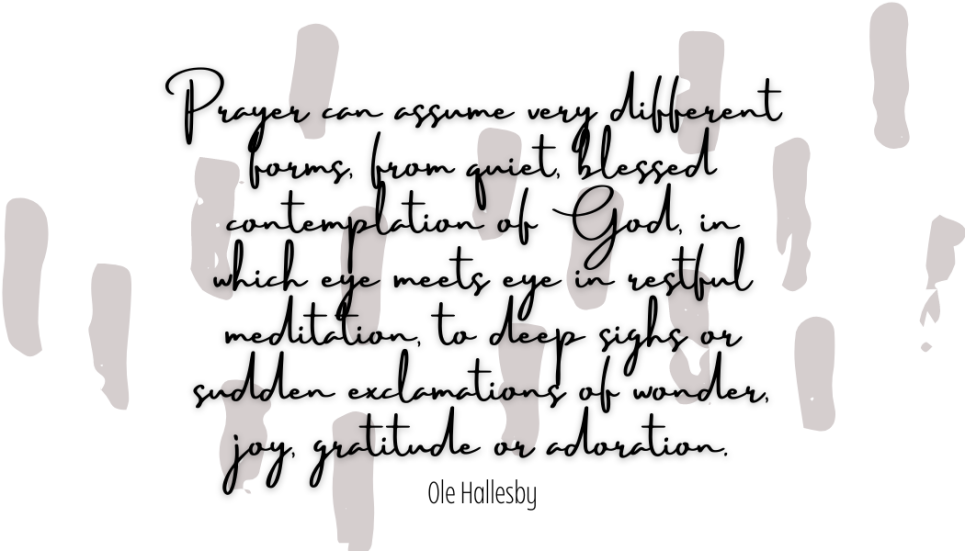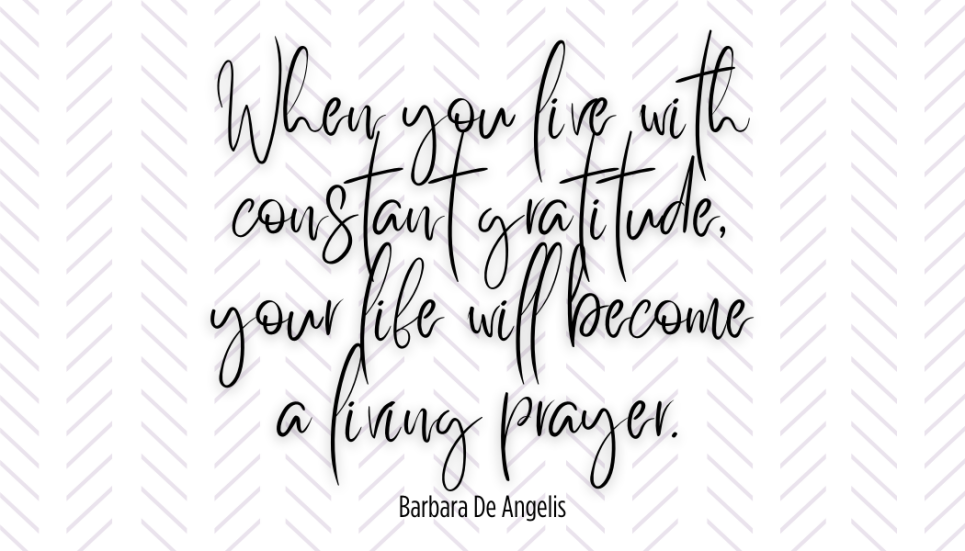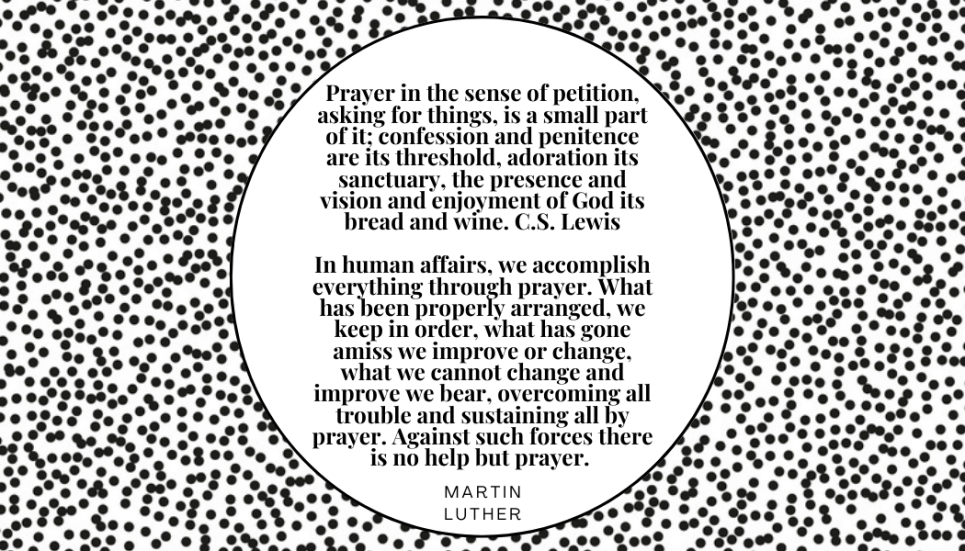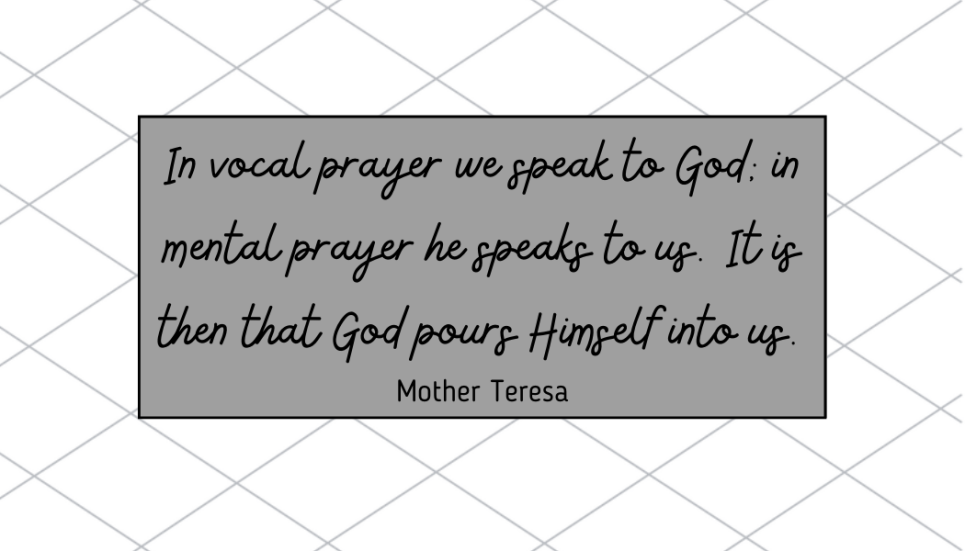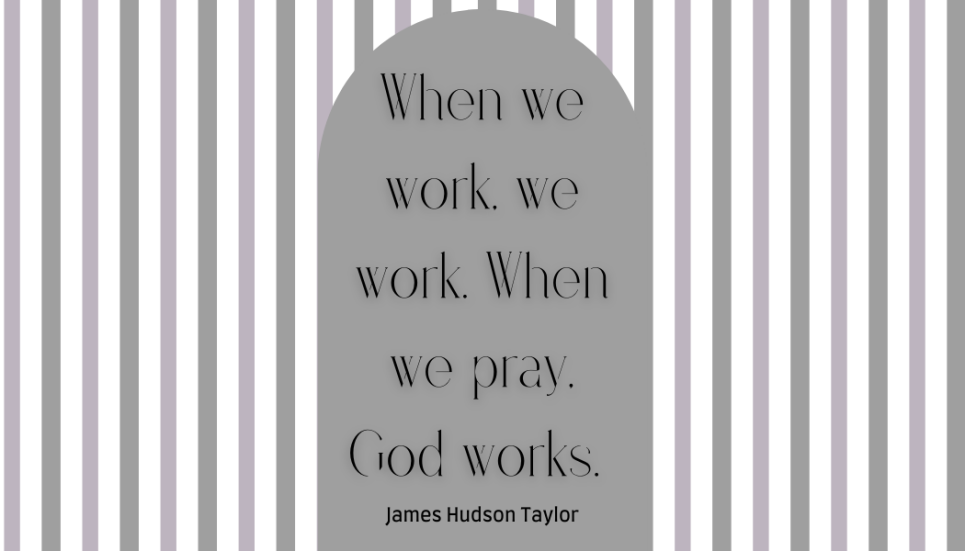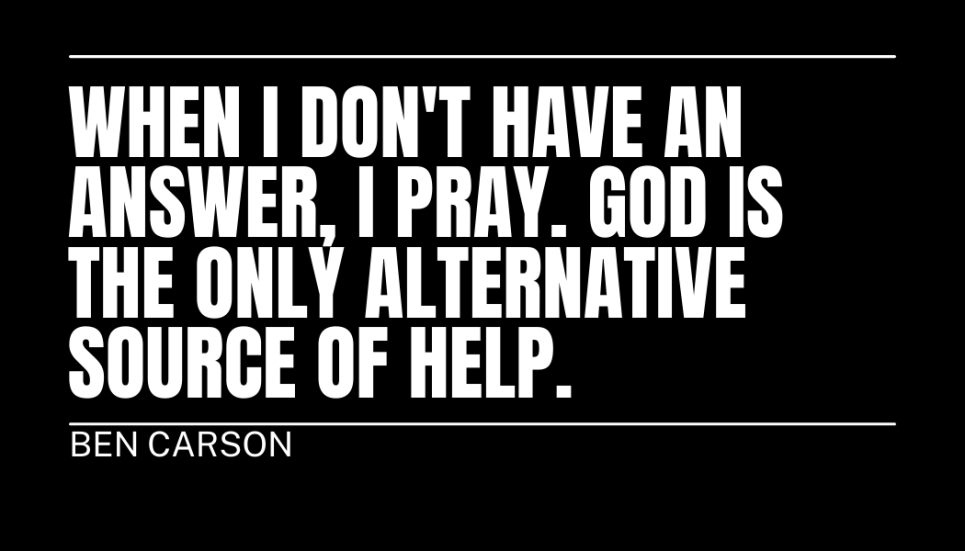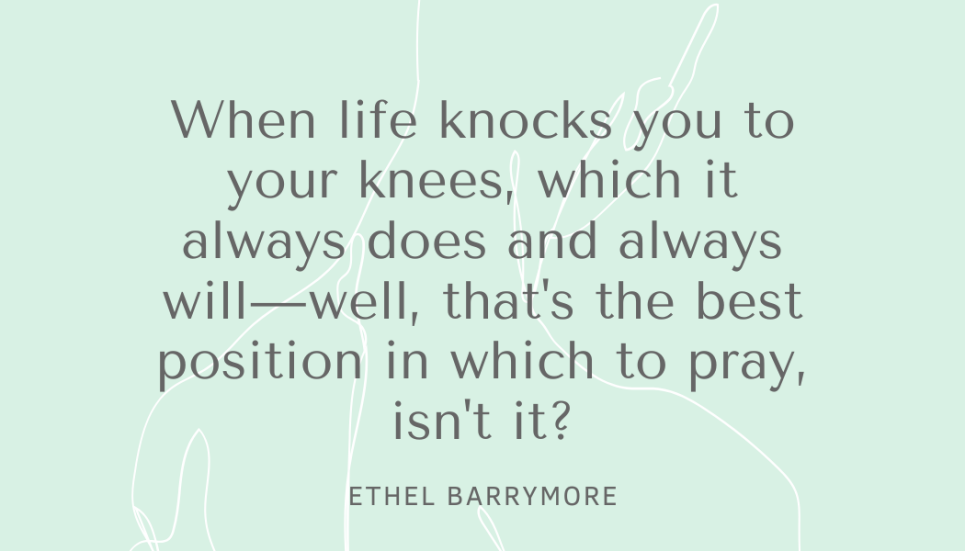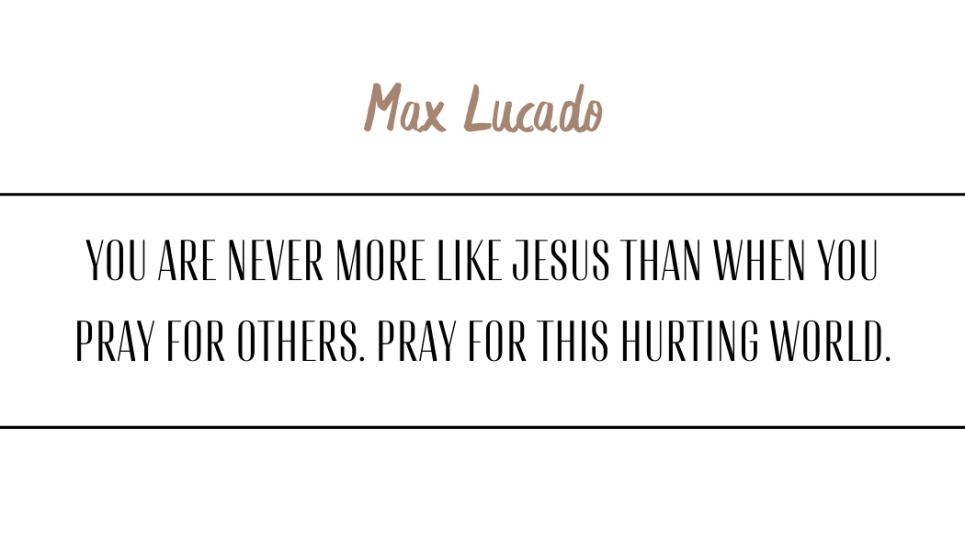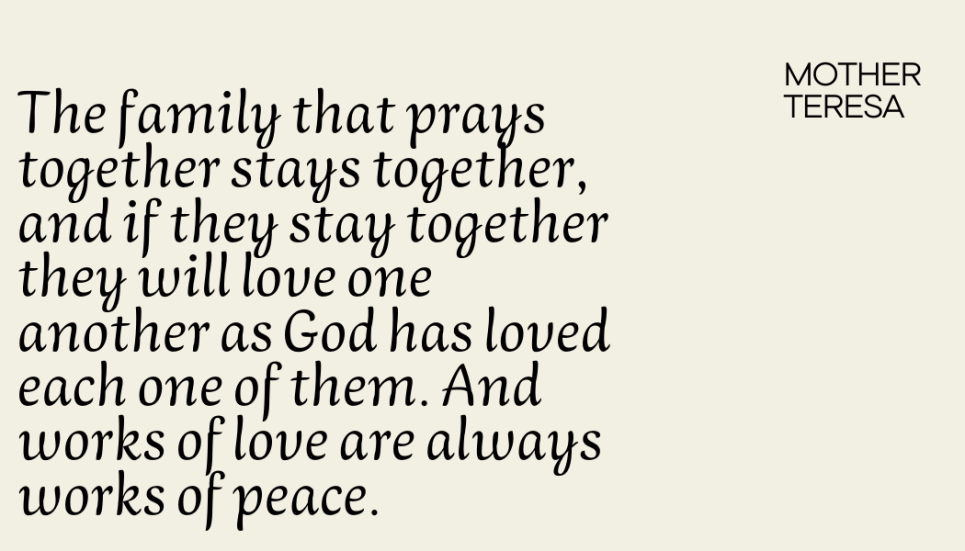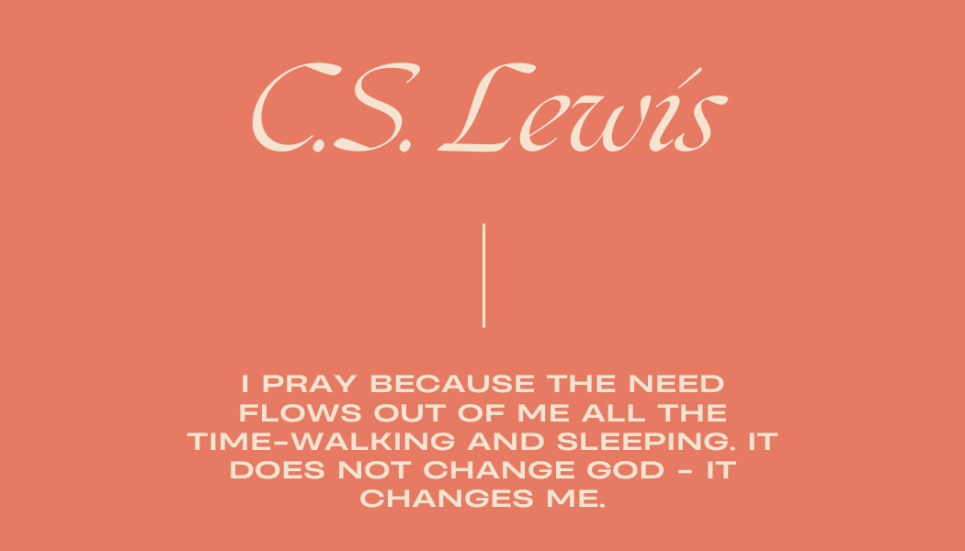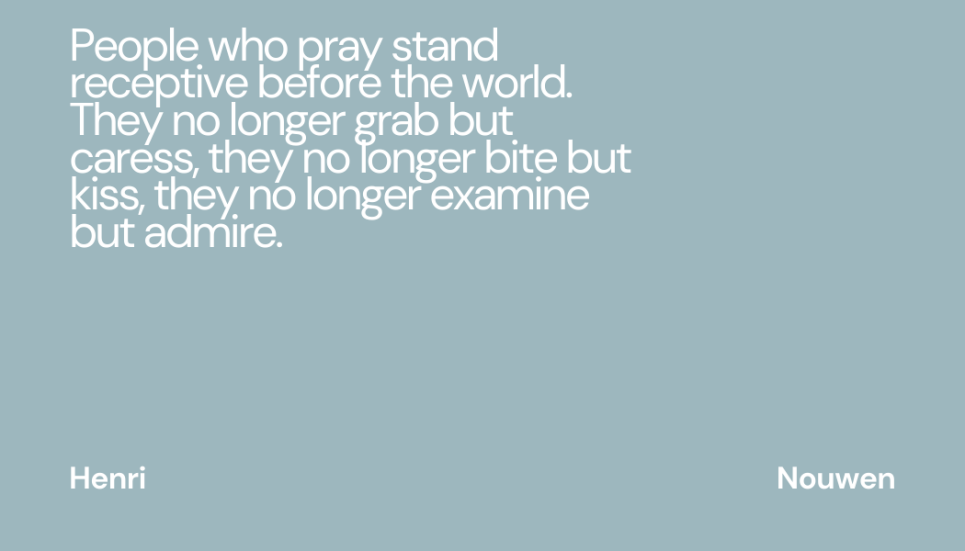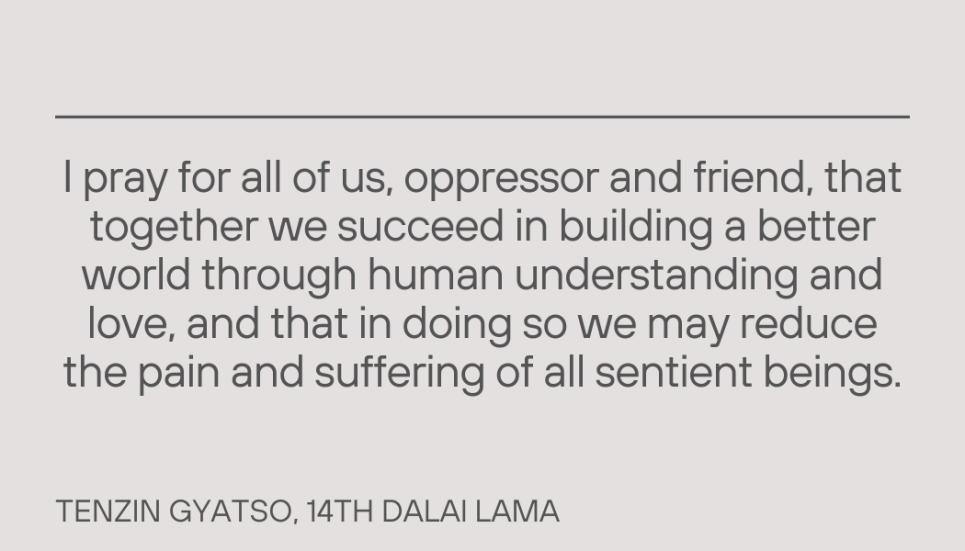The Shapes and Sizes of Prayer: Multiple Forms of Communication with God: Part 3
Today, we will wrap up our three-part set by outlining 15 additional forms of prayer.
The Morning Prayer
Purpose: Begin the day with a prayer, seeking God's guidance, strength, and wisdom for the challenges and opportunities that lie ahead.
Scripture References: Psalm 3:5, Psalm 121:5-6, Psalm 143:8
The Nighttime Reflection Prayer
Also Called: The Bedtime Prayer, Evening Prayer
Purpose: This prayer involves using the quiet moments before sleep to reflect on your day, express gratitude, and seek God's peace and protection.
Scripture References: Luke 6:12, Proverbs 3:24, Psalm 4:4, Psalm 4:8

The Seasonal Prayer
Purpose: Seasonal prayers are tailored to reflect the themes and significance associated with each season and can be used to connect with the rhythms of nature or seasonal religious holidays.
Scripture References: Ecclesiastes 3:1-8, Psalm 1:3, Genesis 8:22
The Prayer for an Adversary
Also Called: Praying for your Enemies
Purpose: Extending prayers for those who have hurt or wronged you, asking for healing and reconciliation.
Scripture References: Matthew 5:44, Luke 6:27-28, Romans 12:20
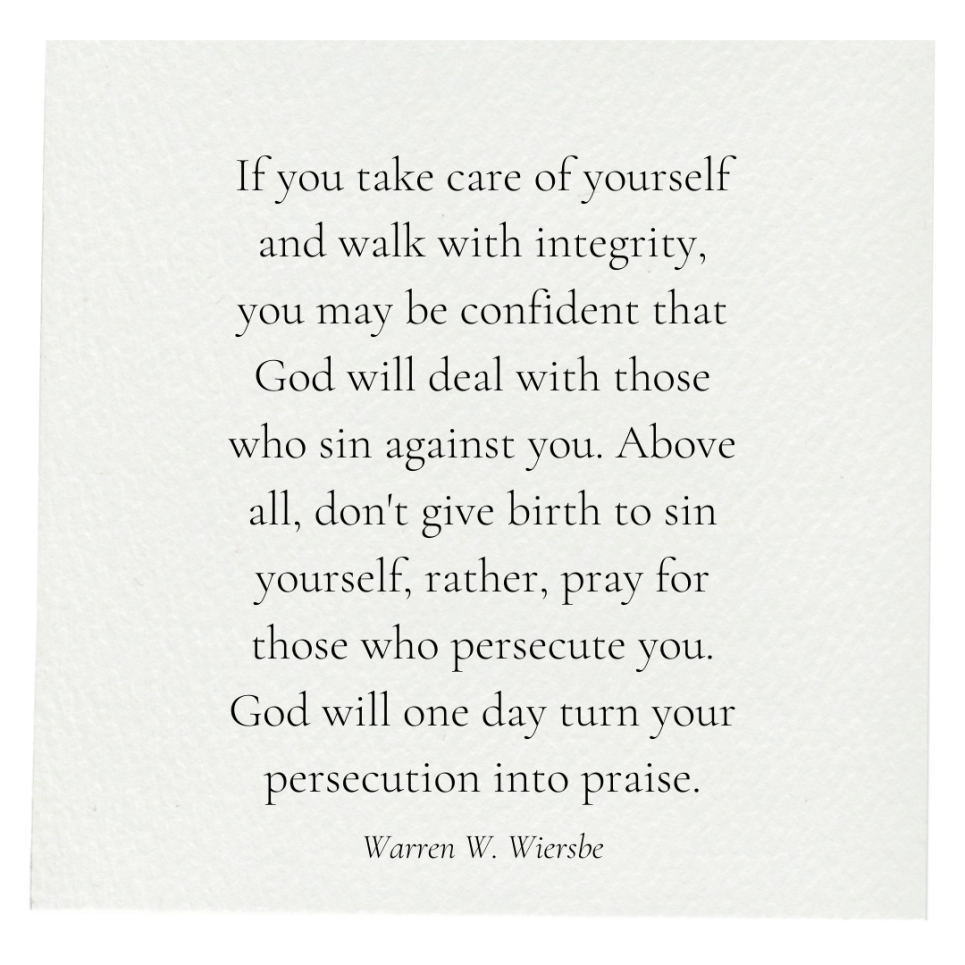
The Private Prayer
Also Called: Silent Retreat Prayer, Praying in Solitude
Purpose: Find a quiet place of solitude and spend intentional time in communion with God, away from distractions.
Scripture References: Matthew 6:6, Mark 1:35, Luke 5:16
The Prayer of Preparation
Purpose: Praying before important events, meetings, or challenges, seeking God's guidance and empowerment.
Scripture References: Habakkuk 3:19, Psalm 27:1, Philippians 4: 6-7, Jeremiah 29:11
The Prayer of Casual Conversation
Purpose: Casual conversation prayer is a simple and informal way of communicating with God, resembling a friendly conversation. It involves speaking openly and honestly to God about thoughts, feelings, and everyday matters, fostering a personal and intimate connection.
Scripture References: James 2:23, in much of his writings in Psalms, David uses a personal and conversational communication style with God.
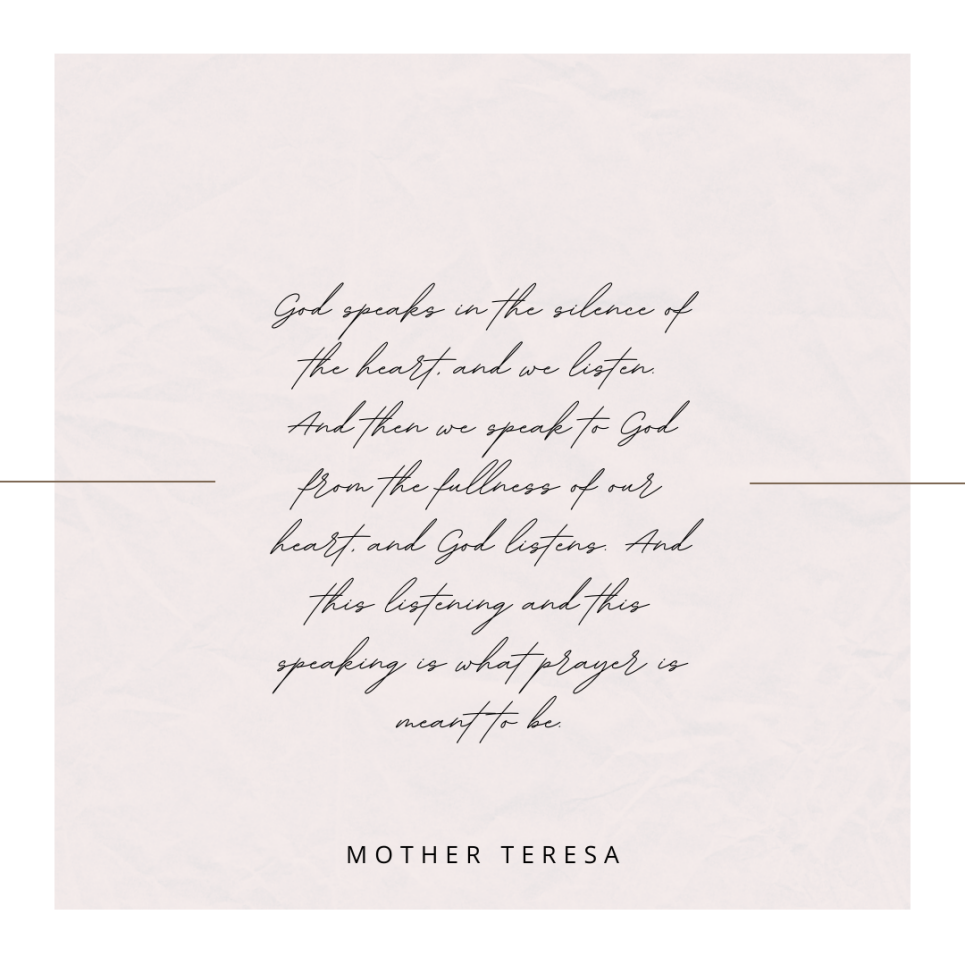 The Memorized Prayer
The Memorized Prayer
Purpose: Commitment to specific prayers, like the Lord's Prayer or the Serenity Prayer, to memory and recite them as a foundation for your prayers.
Scripture References: Psalm 119:13, Isaiah 40:8
Fasting with Prayer
Purpose: Combine times of fasting with prayer, focusing your thoughts and intentions on God's guidance and presence.
Scripture References: Luke 2:37, Nehemiah 1:4
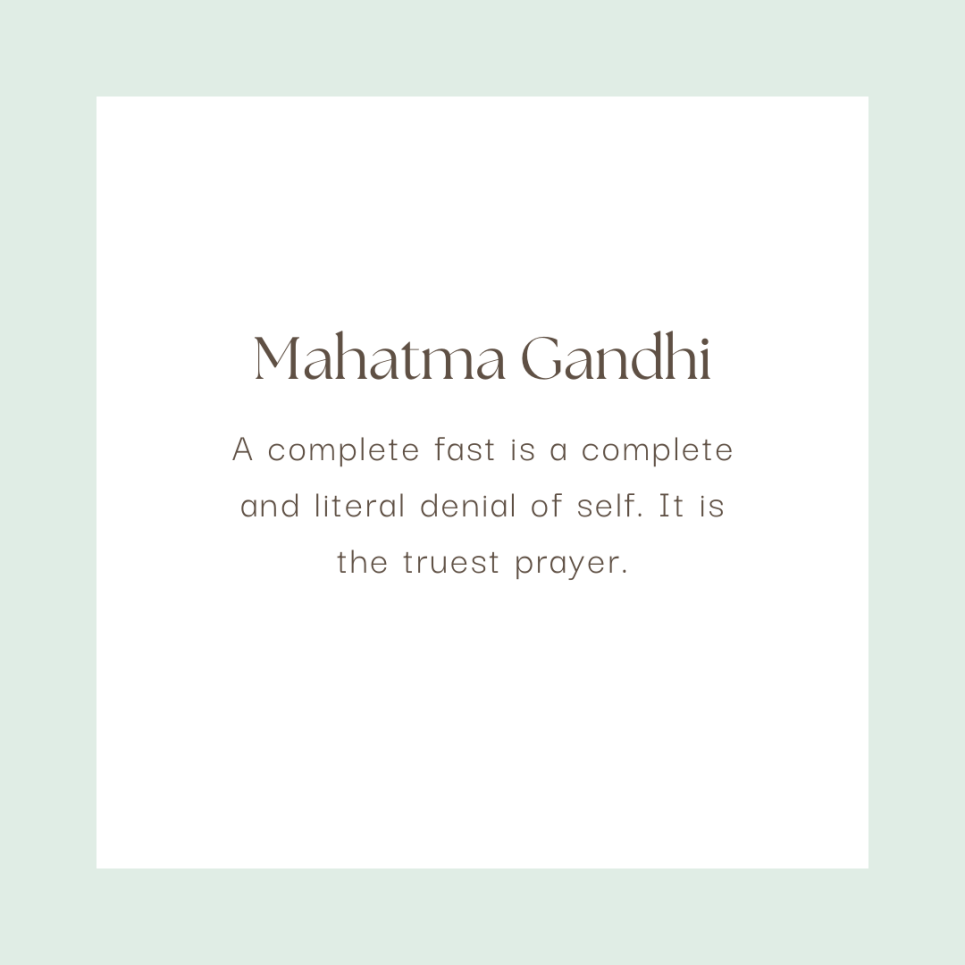
Prayer Walk
Purpose: Engage in prayer while taking a walk, allowing movement, sights, sounds, and fresh air to invite God’s presence.
Scripture References: Philippians 4:8
The Prayer of Forgiveness
Also Called: Prayer for Tolerance, Prayer for Compassion, Prayer for Mercy
Purpose: This prayer involves seeking God's forgiveness and extending forgiveness to others, releasing feelings of resentment and bitterness.
Scripture References: Luke 15:18-24, Romans 3:23-24, Ephesians 4:31-32, Luke 6:37
The Prayer of Faith
Also Called: Trustful Prayer
Purpose: This type of prayer is characterized by praying with firm faith and confidence, believing that God will answer according to His will and timing.
Scripture References: Genesis 15:6, Matthew 8:5-13, Mark 5:25-34, 1 John 5:14-15
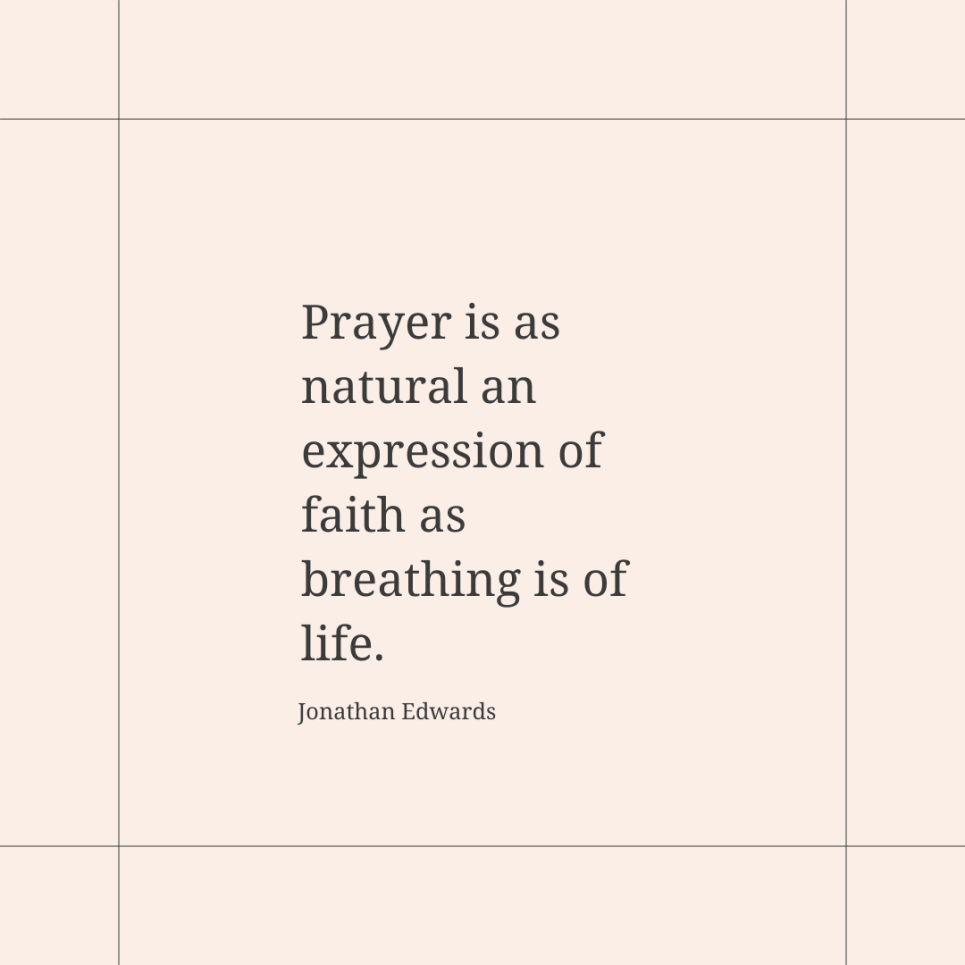
The Prayer of Release
Also Called: Prayer for Peace
Purpose: This prayer involves surrendering worries, anxieties, and burdens to God, finding peace and rest in His care.
Scripture References: 1 Peter 5:7, Matthew 6:33-34
The Hospitable Prayer
Purpose: Pray for others as you welcome them into your home, extending God's love and blessings to your guests.
Scripture References: Romans 15:2, 1 Peter 4:9, Titus 1:8
The Prayer of Adoration and Worship
Also Called: Prayer of Praise
Purpose: Adoration prayer is an act of worship, expressing love, reverence, and praise to God for His character and attributes.
Scripture References: Luke 2:14, Psalm 103, Psalm 150, Psalm 145
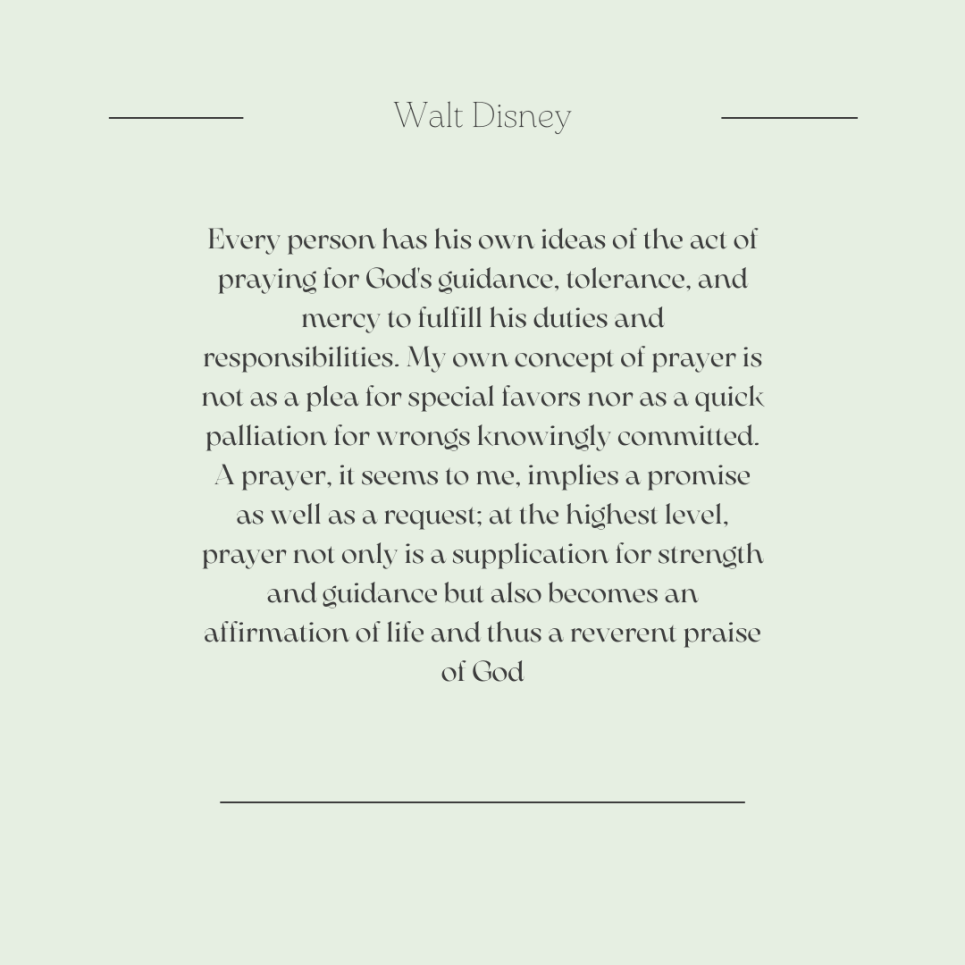
To Conclude
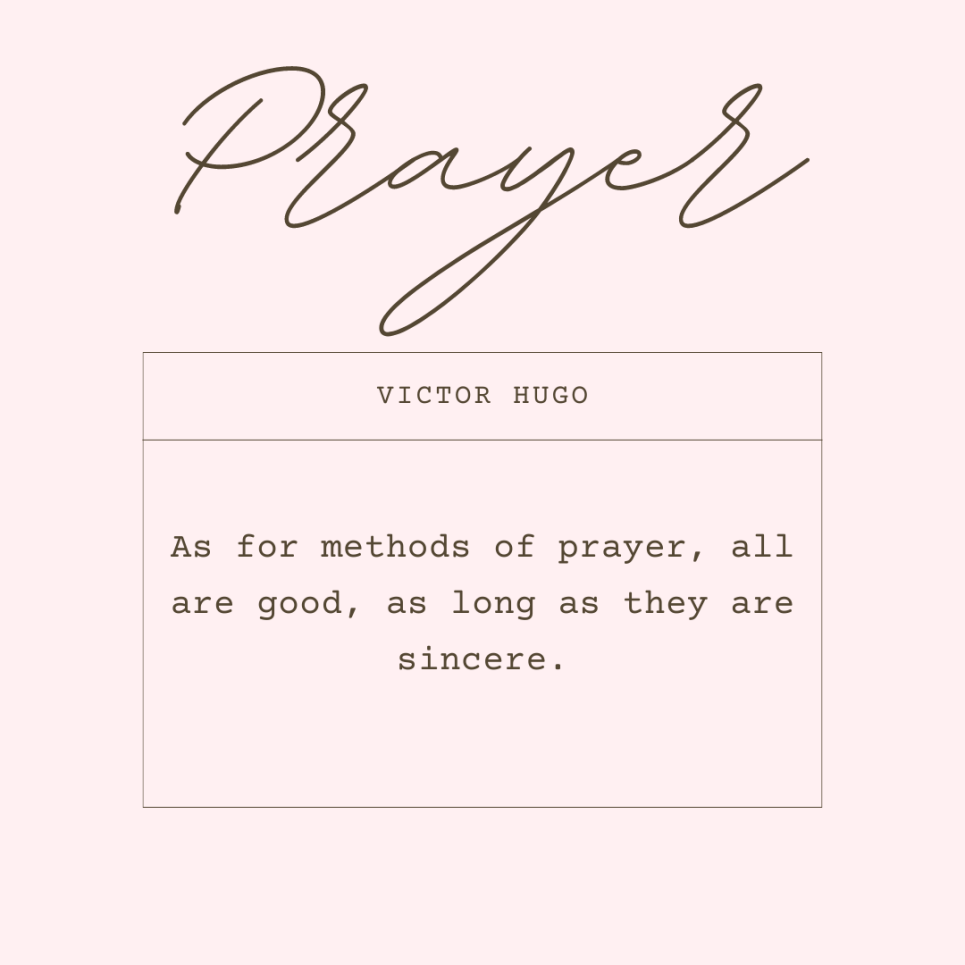 We hope that over these past three weeks, the fresh perspectives, techniques, and insights have encouraged you to not only enrich your spiritual practices but also embrace the opportunity to test out different forms of prayer for yourself.
We hope that over these past three weeks, the fresh perspectives, techniques, and insights have encouraged you to not only enrich your spiritual practices but also embrace the opportunity to test out different forms of prayer for yourself.
- Torrance Church of Christ

